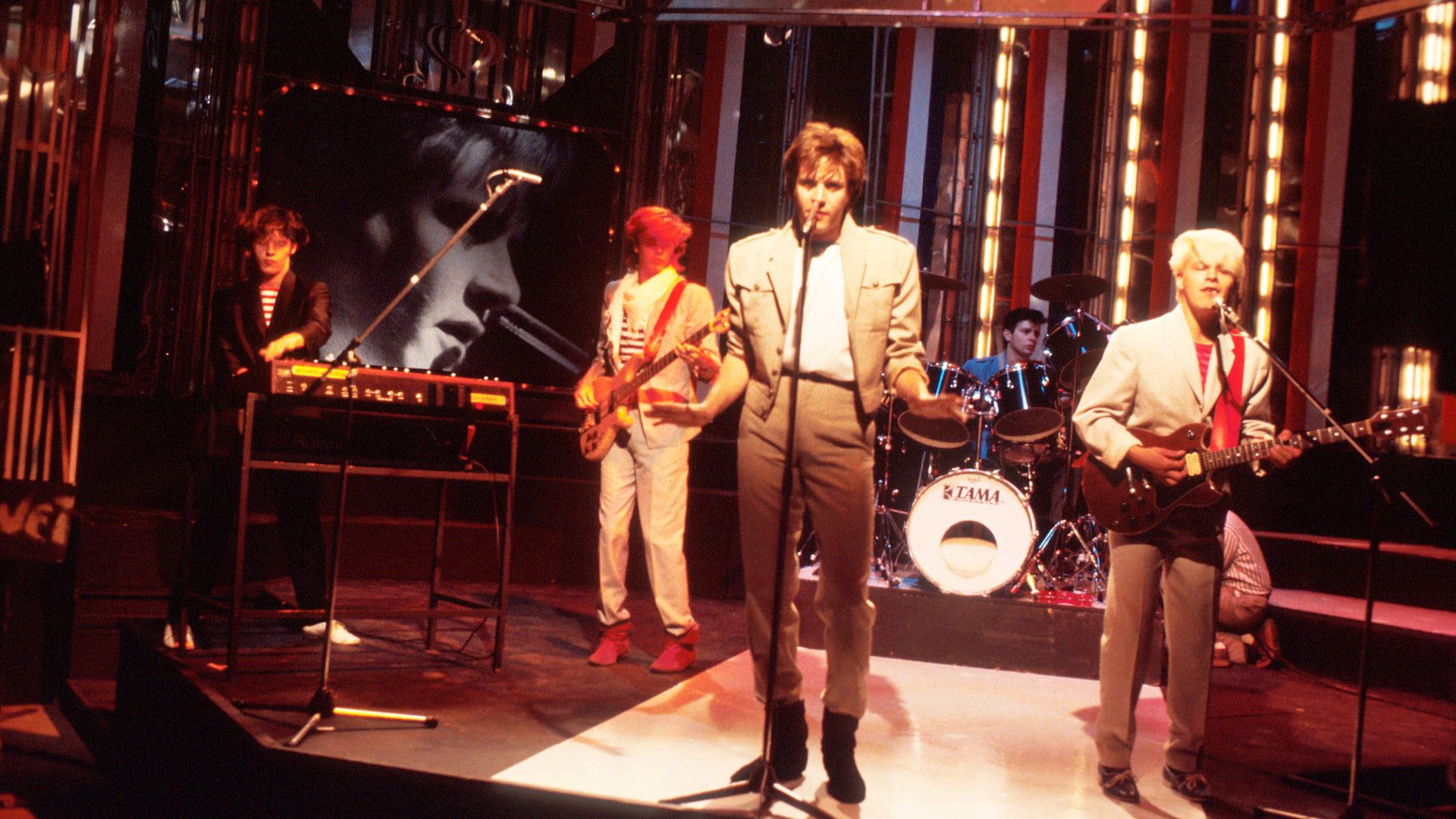
MITCH BENN on the delights and the dangers of indulging in nostalgia.
One of the few industries to derive any sort of benefit from this flaming bin fire of a year has been podcasting: with swathes of the global population being confined indoors for much of the last few months (and with leisure options having been rather constricted even during the periods of relative freedom), many people have been discovering the almost unfathomably diverse range of audio delights our digital age has to offer.
My own podcast consumption has gone up; I even put a lockdown-themed podcast out myself (Confined To Barracks) for a few months during the early lockdown days but I let it lapse once lockdown did. Just one more casualty of Dominic’s Excellent Adventure, I suppose.
I’ve begun to notice an emerging theme in the kind of podcast I’ve been listening to; nostalgia. There are dozens of these nostalgiacasts out there; what they tend to consist of is two or three people (either a host and guest/guests, or a panel of regular hosts) having a free form discussion about something from their collective youth.
Some of my favourites are Tim Worthington’s Looks Unfamiliar (been a guest on that one a couple of times myself), John Rain’s Smershpod in which he dissects the Bond movies (he’s recently added A Wheezing Groaning Sound in which he does the same for old school Doctor Who) and in particular my new obsession, Chart Music in which a trio of rock journalists of a certain age (ie. my certain age) take an episode of Top of the Pops from way back when and discuss it at extraordinary length (about three to four hours per episode).
I guess it makes sense that I should obsess about the pop music of my youth, because pop music is about youth. It’s not that my era’s pop music was better than today’s; it’s just that I was its intended audience. Today’s pop is for today’s kids, and I’m perfectly content to leave them to it.
But I am beginning to wonder why I’m finding nostalgia so seductive. What is it about my past that makes it so much more appealing than my present?
Is this just what happens when you turn 50, as I did this year? Why does my childhood feel so much more vivid, more real than my ‘adulthood’, even as the memory of it recedes?
I suppose life is more exciting when you’re a kid because the rate at which you are changing brings a constantly fresh perspective on the world. It’s not just the simplicity of childhood we pine for, it’s the newness and surprise. So many things are happening for the ‘first time’ when you’re a kid, even if they then happen again every day. Now I’m at an age where things are starting to happen for the last time.
Is it just the grimness of the present that’s making me retreat into the past? Cowering from disease while boggling at our collapsing state and disintegrating Whitehall farce of a ‘government’, one is bound to hanker for ‘the good old days’, even if by any objective standards, they weren’t.
This is something I’ve often wondered about political movements which peddle a ‘get back to the good old days’ narrative, such as Brexitism or Trumpism. Do their adherents ever actually read up on the ‘golden age’ they’re longing to return to? Do they truly understand the implications? Or do they just look back upon those times as having been better and simpler because they were children at the time and things generally do seem better and simpler when you don’t really know what’s going on?
I myself seem to have been inoculated against Good Old Days-ism because I grew up in Liverpool in the 1970s and 1980s, and even to a child it was pretty obvious that we weren’t living in a golden age of any description. Nonetheless, I too look back fondly upon those years because when you’re a kid, even if you’re living in troubled times, you know that the present isn’t really your problem, and that by the time you’re a grown up and the present is your problem then things will be better, because it’ll be the future by then and we’ll have jetpacks.
That, after all, is what the political weaponisers of nostalgia are flogging when they promise a return to the good old days: that comforting optimism, that feeling that things are okay or if they’re not they soon will be, and – crucially – the belief that someone older and wiser than you will sort it all out for you. But it was an illusion then, and it’s an illusion now.
Remembering the ‘good old days’ is fine and comforting, but trying to get back to them – and trying to drag the country with you – is a sure of way of ending up living in the Bad New Days.
Warning: Illegal string offset 'link_id' in /mnt/storage/stage/www/wp-includes/bookmark.php on line 357
Notice: Trying to get property 'link_id' of non-object in /mnt/storage/stage/www/wp-includes/bookmark.php on line 37







